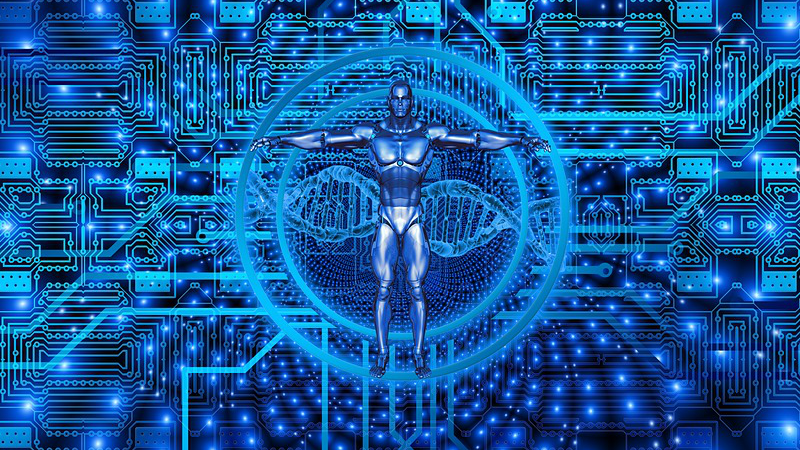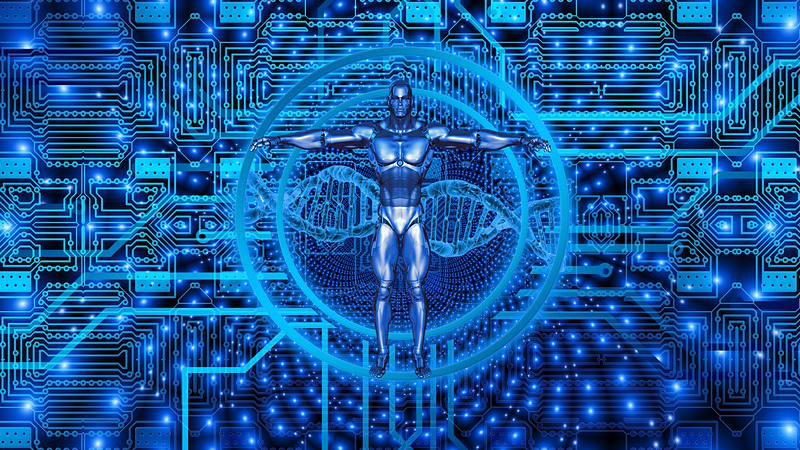[ad_1]

New research into the future of work, published in a book called Work 3.0, has revealed that if left unchecked, technological disruptions could lead to workplaces which are ‘anti-human’ centric.
The book is written by Siddhartha Bandyopadhyay, Professor of Economics at Birmingham Business School, University of Birmingham, and bestselling business author Avik Chanda.
Work 3.0 explores what the future of work may look like and some of the challenges it presents, particularly given the huge strides being made in AI and workplace technology.
Since the COVID-19 pandemic began in 2019, working habits across the world have changed dramatically. Flexible and remote working is now commonplace and emerging virtual reality technology, such as that championed by Meta, makes the possibility of virtual offices more likely sooner than some might have expected.
For example, IT giant Accenture announced in April 2022 that 150,000 new members of staff would all work in the Metaverse using VR headsets from their first day on the job. But these advancements also have drawbacks, which are not being properly considered by industry and government.
Commenting on the changes that are taking place, Professor Siddhartha Bandyopadhyay said: “We already know that the digital revolution has, and is displacing labour in certain sectors, think automated checkouts in supermarkets, and digital ticket offices in train stations. But as this shift towards the digital continues, if left unchecked, workplaces are likely to become anti-human, meaning they are more focussed on automated processes and the use of technological solutions rather than physical workspaces and human employees. This means those whose skills are suited for this new workplace will thrive but for others, the future may be bleak.
“Reliance on technology can result in higher unemployment, higher competition for minimum wage jobs and higher inequality. Many staff who find their jobs automated and the skills that they have developed for their jobs become obsolete would find it challenging to reskill or retrain.”
Avik Chanda continues: “Another factor that needs to be considered is the negative impact of remote working. Working from home and being able to split your time is a benefit for a lot of people. But for some, working from home as a default, or going to the VR office can increase loneliness and damage employees’ wellbeing at work. Making friends in the office and getting social contact is a lot harder to achieve when there isn’t a physical place to gather, especially for those who are only just joining the workforce.’
Professor Bandyopadhyay and Avik Chanda argue that a coalition of government, industry and non-state actors must come together and combat some of the negative effects of the ‘anti-human’ workplace.
Professor Bandyopadhyay concluded: “Through our research and writing Work 3.0 we have been able to build a good picture of the way jobs and the labour market are changing. While AI, VR and automation may still sometimes feel like the stuff of sci-fi films, this technology is commonplace today and will only continue to advance and change the world around us. Whilst these digital tools can provide a lot of benefits for people and businesses, it is important to remember that you can have too much of a good thing and left unchecked the progress of AI may not benefit the human race.”
[ad_2]
Source link
